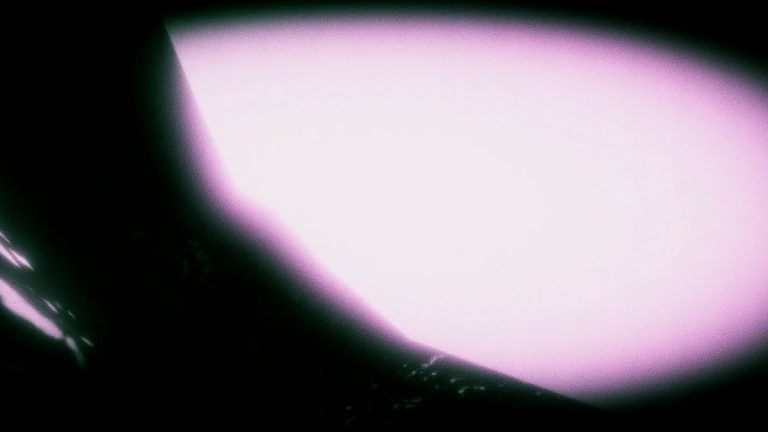

Dependencies: 3rd-party Unity scripts required by certain platforms.This is the translation of the native Wwise SDK. Deployment: The main Integration files used in your application.StreamingAssets: The folder used for automatic SoundBank deployment.The folder structure of the installed Integration package However, this may generate unwanted intermediate files inside your Assets folder, which need to be cleaned up manually. Optionally, you can merge the unzipped content under the Wwise folder with your imported Integration unity package in the Assets folder of your Unity project. You can then rebuild and generate the content of the Integration using just the source package and a Wwise SDK installation for your target platforms. The Wwise SDK for Mac, and a WWISESDK environment variable pointing to it

The Wwise SDK for Linux, and a WWISESDK environment variable pointing to it SDL2 (see Build for Linux on how to install the SDL2 library) The Wwise SDK for iOS, and a WWISESDK environment variable pointing to itīuild-essential ( sudo apt-get install build-essential)


Locate the source zip for the operating system you are using (Windows or Mac), it is installed in your Unity project by the Launcher when you add the Wwise integration to it (the zip is post-fixed with _Src.zip).Install the Wwise SDK for the platforms you wish to build using the Wwise Launcher.This should be done by a programmer who has some C++ knowledge. However, if you have the source code, you may want to customize it to integrate custom changes to the native sound engine or to modify the C++ code that interfaces with the sound engine. In most cases, it is unnecessary to rebuild the Integration plug-in. The Wwise-Unity integration is a thin layer of C# calling the native Wwise API. Build the Native Integration Plug-in from Source


 0 kommentar(er)
0 kommentar(er)
